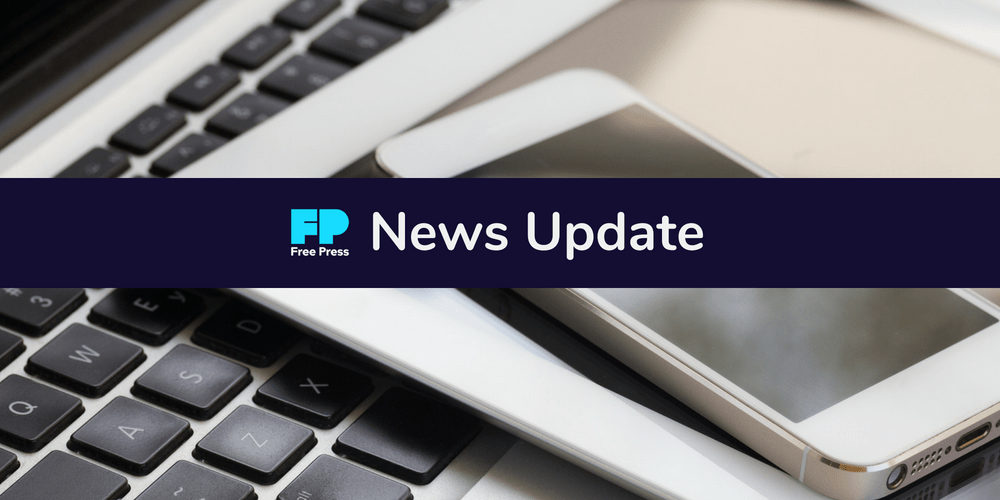Senate Democrats Add Accessible, Affordable Internet for All Bill to Infrastructure Push in Congress

WASHINGTON — On Wednesday, Sen. Amy Klobuchar (D–Minnesota) and eight Democratic co-sponsors introduced a Senate companion to the Accessible, Affordable Internet for All Act, which Rep. Jim Clyburn (D–South Carolina) introduced in the House of Representatives last week. The House bill is set for a vote as soon as this afternoon as part of the comprehensive infrastructure package in the Moving Forward Act.
The bill calls for $100 billion to fund a mix of innovative broadband-deployment projects and other important programs, including broadband benefits and affordability provisions similar to those in the HEROES Act that passed the House in May. It also includes pricing-transparency requirements that would allow lawmakers and researchers to analyze competition in the broadband marketplace. Such analysis would help them better understand the challenges so many internet users face when confronted with the high price of internet service. In addition, the legislation offers key provisions for getting students online, preserving the Federal Communications Commission’s Lifeline program and promoting community-broadband choice.
Republican leaders in both the House and the Senate have pledged to at least begin work on a legislative framework establishing programs for people experiencing economic hardship as a result of the COVID-19 pandemic. According to reports, these efforts would seek to expand broadband access and digital opportunity in communities of color.
Free Press Action Vice President of Policy and General Counsel Matt Wood made the following statement:
“Free Press Action welcomes the introduction of this tremendous, comprehensive broadband package from Senator Klobuchar and her colleagues. It links up with the legislation that Representative Clyburn and the House’s Democratic majority introduced last week and that they plan to pass as part of the Moving Forward Act.
“It’s understandable that the deployment and financing strategies the Senate legislation contains will draw attention in an infrastructure bill. But its digital equity, affordability and pricing-transparency provisions are just as essential for getting everyone online.
“Lawmakers must recognize, as this bill does, that the vast majority of people who are disconnected today are offline because of the high price of internet services that are physically available to them but out of reach financially. This dilemma disproportionately impacts Black and Brown people, poorer communities and other groups hit hardest by the pandemic. Lacking an internet connection during this health crisis exacerbates existing economic inequities and deepens digital divides.
“The bill contains truly progressive broadband-adoption supports and investments, mirrored in the HEROES Act and elsewhere. These provisions would offer people who cannot easily afford a connection up to $50 a month for the broadband service of their choosing. The bill also requires collection of broadband-pricing data so that we can finally assess what people are paying for high-speed internet and better understand when and where they’re priced out of this essential service. It includes a host of important initiatives to invest in digital equity and inclusion, free up communities and local municipalities to consider building their own broadband networks, and end many of the Trump FCC’s relentless attacks on the Lifeline program.
“With the House passing so many good broadband bills in recent weeks, the ball is now in Senate Republicans’ court. Thanks to efforts like this, they have a number of options to show whether they’re serious about tackling the affordability issues keeping tens of millions of people offline.”